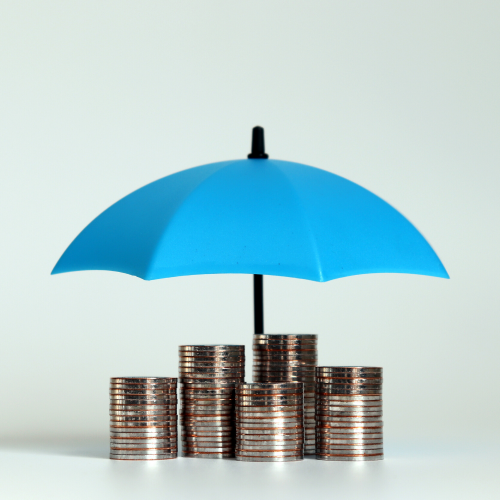Financial Issues & Answers for Everyone
A thorough analysis of today’s financial news—delivered weekly to your inbox or via social media. As part of Knowledge Bureau’s interactive network, the Report covers current issues on the tax and financial services landscape and provides a wide range of professional benefits, including access to peer-to-peer blogs, opinion polls, online lessons, and vital industry information from Canada’s only multi-disciplinary financial educator.
August 2025 Poll
A public consultation on whether the CDIC’s deposit insurance limit should be raised to $150,000 per deposit category is underway. Do you agree?

Provincial Budget Round-Up 2021
Several provinces have already introduced their 2021 provincial budgets, and today we're providing a round-up of what has been announced so far. Notably, the British Columbia budget will be released until April 20; and Newfoundland has not yet announced its budget date. More details on the April 6 Saskatchewan Budget and the April 7 Manitoba Budget appear below:

Pros Comment on CRA’s Services
As the April 30 tax filing deadline rapidly approaches, we’ve been hearing from the tax filing community about long, long waits for urgently needed CRA answers to client issues. More are having success obtaining information through the CRA Represent a Client Portal. However, it seems their phone service is proving to be a challenge for both taxpayers and tax pros alike. Greg Clark of Greg Clark Accounting and Tax Inc. in Winnipeg shares his experience:

Manitoba Budget: New Tax Credit for Teachers
The Manitoba Budget was released on April 7 and contains a highlight for teachers in 2021: a 15% refundable tax credit for eligible educators who spend their own money (up to $1,000) on supplies for students. This claim mirrors the federal credit, which is claimed on Lines 46800 and 46900. Who is an eligible educator? Here are the details.

Purchase a Zero-Emission Vehicle in 2020?
Do you have clients that purchased zero-emission vehicles (such as electric cars)? There are some newer rules to get up to speed on as the government has continued to offer a $5,000 rebate for light-duty, zero-emission vehicle purchases along with the 100% write-off for zero-emission autos purchased by those who can write off the purchase of a vehicle. Here’s what you need to know.

April 30: A Special Deadline for Income Splitting
April 30 is an important deadline for more than one reason: late elections for pension income splitting for 2017 expire April 30, 2021 as taxpayers can optimize pension income splitting, but only for up to three years. Taxpayers who elect to split pension income with a spouse must claim an offsetting deduction on Line 21000 for the elected amount of income that will be reported by the pensioner's spouse. Form T1032 Joint Election to Split Pension Income is used to determine the election. What should professional tax and financial advisors know?
